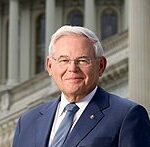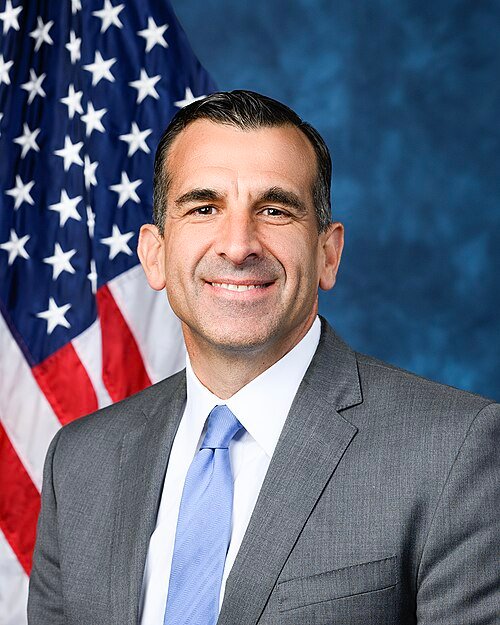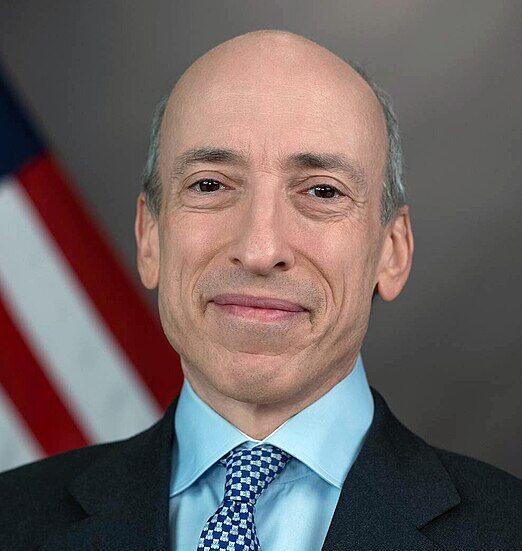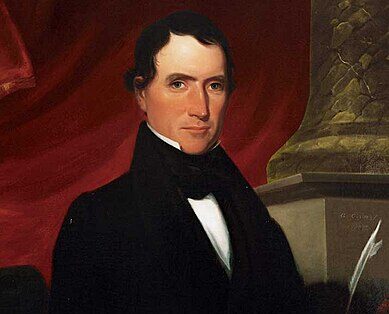
Kamala Harris, the 49th Vice President of the United States, is the first woman, the first African American, and the first person of South Asian descent to hold the office. A trailblazer in many respects, Harris’s career spans decades of public service as a prosecutor, attorney general, U.S. senator, and now, vice president. While she symbolizes progress and representation, critics argue her tenure has been marked more by missed opportunities and cautious politics than bold leadership.
Early Life and Education
A Multicultural Upbringing
Born on October 20, 1964, in Oakland, California, Kamala Devi Harris was raised in a household shaped by civil rights activism. Her mother, Shyamala Gopalan, an Indian immigrant and cancer researcher, and her father, Donald Harris, a Jamaican economist, instilled in her a sense of justice and ambition.
Education and Early Ambitions
Harris attended Howard University, a historically Black college, where she majored in political science and economics. She later earned her law degree from the University of California, Hastings College of the Law. Her education cemented her commitment to public service, though critics argue her later career choices reflect a more pragmatic than progressive approach to justice.
Legal and Political Career
A Career in Law
Harris began her legal career as a prosecutor in Alameda County, California. She later served as San Francisco’s District Attorney from 2004 to 2011.
While she earned praise for her efforts to combat truancy and human trafficking, her tenure was not without controversy. Critics point to her reluctance to prosecute police misconduct and her “tough-on-crime” approach, which they say disproportionately impacted marginalized communities.
Attorney General of California
As California’s attorney general from 2011 to 2017, Harris focused on issues like consumer protection, environmental law, and criminal justice reform. While she championed progressive policies such as marriage equality and stricter data privacy laws, her record on criminal justice remained a point of contention. Detractors argue her office resisted reforms such as reducing harsh sentences for low-level offenders and failed to fully address systemic inequities in policing.
U.S. Senate Career
Election to the Senate
In 2016, Harris was elected to represent California in the U.S. Senate. Her tenure was marked by her sharp questioning in committee hearings, particularly during the confirmation processes for Trump administration appointees like Brett Kavanaugh and William Barr.
Focus on Key Issues
Harris co-sponsored legislation addressing criminal justice reform, healthcare expansion, and climate change. However, critics argue her legislative achievements were relatively limited, reflecting more of a focus on positioning herself for higher office than on delivering substantive policy wins.
Vice Presidency
Historic Election
Kamala Harris was inaugurated as vice president on January 20, 2021, alongside President Joe Biden. Her election was hailed as a milestone for representation and diversity in U.S. politics, though skeptics have questioned whether symbolic victories have translated into tangible change.
Policy Role and Public Perception
Domestic Issues
Harris was tasked with high-profile assignments, including addressing the root causes of migration from Central America and advocating for voting rights. While these issues are complex, critics argue her efforts have lacked visible progress and leadership, with significant challenges in immigration policy and voter suppression remaining unresolved.
Economic and Public Health Leadership
Harris has been a vocal advocate for COVID-19 vaccination efforts and economic relief packages. However, her role in these initiatives has often been overshadowed by President Biden, leading some to question whether she has been effectively utilized as vice president.
Challenges in Defining Her Legacy
The vice presidency, often a secondary role, has made it difficult for Harris to establish a distinct identity. Her cautious approach to leadership has drawn criticism from both progressives, who see a lack of bold action, and moderates, who view her as overly aligned with liberal policies.
Criticism and Controversies
Handling of Immigration Policy
Harris has faced significant scrutiny over her handling of migration issues. Critics argue her approach to addressing the root causes of migration has been more symbolic than substantive, with little measurable progress on curbing the influx of migrants at the southern border.
Perception of Inaction
Despite her historic role, Harris has struggled to shake the perception that her contributions as vice president are limited. Critics contend that her lack of clear achievements and reluctance to take strong stances have undermined her effectiveness.
Media and Public Relations
Harris’s public image has been a double-edged sword. While she inspires admiration for breaking barriers, she has also faced challenges in connecting with everyday Americans. Some attribute this to her polished, sometimes cautious communication style, which can come across as detached.
Strengths and Accomplishments
Representation and Breaking Barriers
Harris’s election as vice president is a landmark moment in American history, symbolizing progress for women and communities of color. Her presence at the highest levels of government reflects a commitment to expanding representation in leadership.
Advocacy for Key Issues
Harris has consistently advocated for climate change initiatives, women’s rights, and racial justice. While her record in these areas is mixed, her advocacy highlights her commitment to progressive ideals.
Challenges Ahead
Building a Distinct Legacy
Harris must navigate the difficult balance between supporting President Biden’s agenda and carving out her own path. Critics argue that without clear achievements or bold leadership, her legacy risks being defined more by symbolism than substance.
Overcoming Political Polarization
As the nation grapples with deep political divides, Harris’s ability to bridge gaps and deliver results will be critical to her future as a leader. This requires not only bold action but also a stronger connection with middle-class and working-class Americans.
Conclusion
Vice President Kamala Harris’s tenure thus far has been defined by historic achievements in representation and a cautious approach to leadership. While her role as a trailblazer cannot be overstated, her ability to address complex challenges such as immigration, voting rights, and economic inequality has been met with mixed reviews. Moving forward, Harris must adopt a more assertive and impactful approach to ensure her leadership leaves a legacy beyond historic firsts.












dont run again